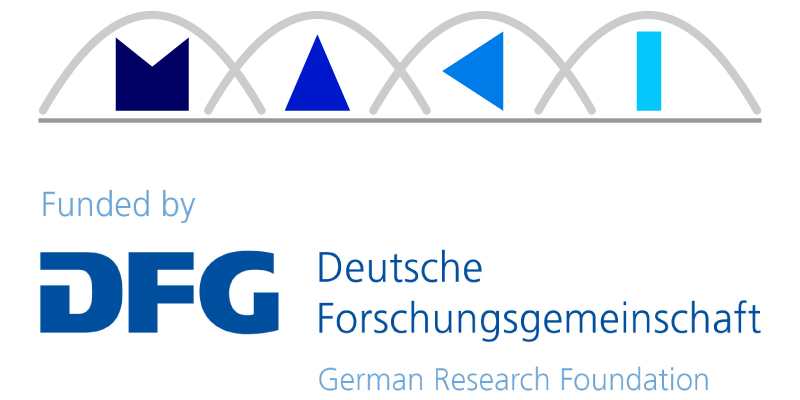Dr. Andreas Blenk
TU München, Germany
Title:
Adversarial Network Benchmarking: A Data-Driven Approach
Abstract:
Communication networks have not only become a critical infrastructure of our digital society, but are also increasingly complex and hence error-prone. This has recently motivated the study of more automated and “self-driving” networks: networks which measure, analyze, and control themselves in an adaptive manner, reacting to changes in the environment. In particular, such networks hence require mechanisms to evaluate potential solutions to problems. However, evaluating solutions is interestingly a challenging task: when using human-constructed examples or real-world data, it is difficult to assess to which degree the data represents the input spectrum also of future demands. Moreover, evaluations that fail to show generalization might hide algorithm weak-spots. This could eventually lead to reliability and security issues later on. To solve this problem, we propose two data-driven frameworks: NetBOA and Toxin. In first proof-of-concept implementations, we show (1) how NetBOA can generate real network traffic to benchmark network functions (e.g., the Open vSwitch) and (2) how Toxin creates adversarial network algorithm input in a simulation environment for data centers. This procedure can bring many benefits: it can help to reveal weak-spots of algorithms or to make them bullet-proof for future network demands.
Bio:
Andreas Blenk studied computer science at the University of Würzburg, Germany, where he received his diploma degree in 2012. After this he joined the Chair of Communication Networks at the Technische Universität München in June 2012. In Mai 2018, he received the degree Doktor-Ingenieur (Dr.-Ing.) from the Technische Universität München with distinction (summa cum laude). He is currently working as a postdoctoral-researcher and associate lecturer at the Chair of Communication Networks. His research is focused on flexible and predictable network virtualization, virtualizing software-defined networks, as well as data-driven networking algorithms.





